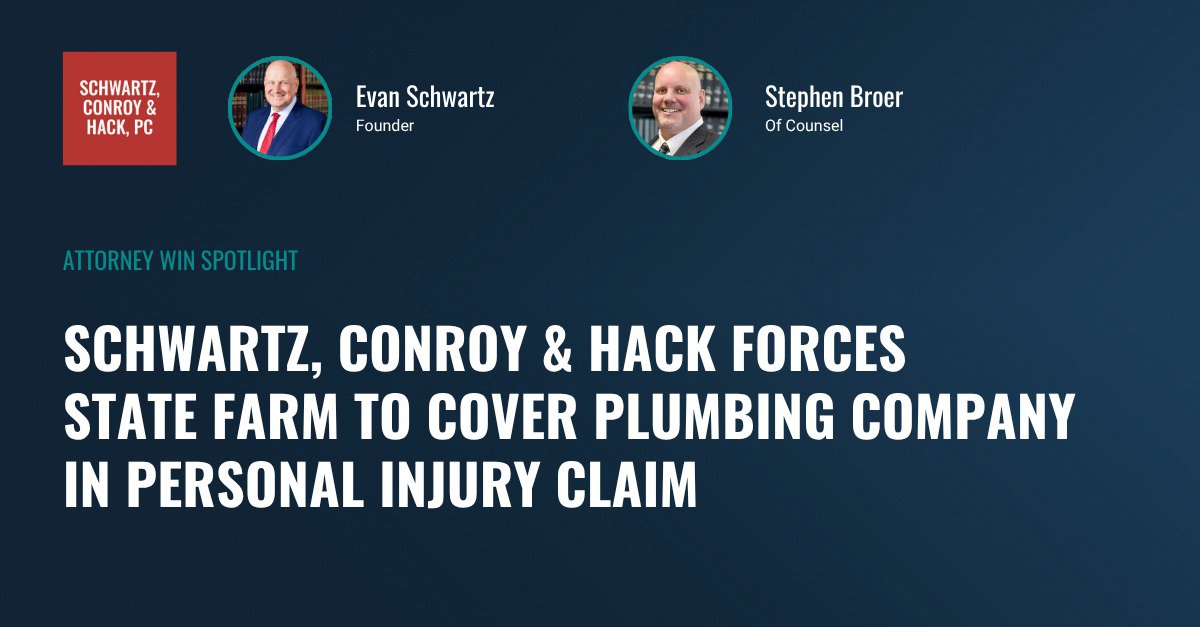Maximizing recovery under a business interruption insurance policy requires a strategic approach. Insurance companies routinely seek to protect their bottom lines by pushing back on everything from the value of the losses to whether coverage was actually triggered. Recovering your business interruption losses will require due diligence, thorough documentation, and a compelling narrative to support your claim.
Business Interruption Insurance
Also called business income insurance, business interruption insurance covers losses that result from direct physical loss of or damage to insured property caused by a covered peril. While different policies vary, you will typically be entitled to reimbursement for lost revenue during the period your business operations are interrupted. You will also be reimbursed for reasonable expenses that you incur in order to continue operating during the downtime, such as moving to a temporary location. The policy can be used to pay for operating expenses and fixed costs, such as payroll, rent payments, loan payments, and utilities. The amount you are entitled to is calculated based on your company’s financial history, up to the policy limits. Business interruption insurance is typically bundled into a business owner’s policy or a commercial property insurance policy.
What Triggers Benefits
Benefits are generally triggered when a covered peril causes direct physical loss or damage to your business property, and you must temporarily cease operations. Covered perils generally include fire, theft, wind and wind-driven rain, falling objects, and lightning. Certain other perils, including earthquakes and floods, are typically excluded. Some policies offer civil authority coverage as an add-on. Civil authority coverage generally kicks in when a government authority restricts access to your property due to the direct physical loss of or damage to a neighboring property that was caused by a covered peril, such as a fire.
Depending on the policy language, benefits might only be triggered if your business is fully shut down due to the covered peril. Other policies may provide benefits when there is a partial suspension of operations.
Recovering after a Loss
If you suffer a disruption to your business operations, review your policy to understand your coverage and what deductibles, coverage limits and exclusions apply. If you believe you may have coverage, immediately contact your insurance company to provide notice that you will be filing a claim. Discuss with the insurance company what your obligations are regarding submitting your proof of loss statement and supporting documentation. Be sure to document all communications and adhere strictly to the insurance company’s requirements and deadlines.
Carefully track and save receipts for all extra expenses that you incur due to the interruption; these will need to be submitted for reimbursement. You will also be required to present certain documents to provide a detailed picture of your company’s finances, such as profit and loss (P&L) statements, tax returns, balance sheets, payroll records, mortgage statements or lease agreements, and utility bills. These documents will enable the insurance company to value your losses.
Keep in mind that insurers routinely undervalue losses to limit their liability. For instance, the insurer may value your losses for the period of interruption based on the historical average of your revenue for the year, without taking seasonal variations into account. Say, for instance, you own a beachfront resort and a covered peril forces you to close for a month during the summer – when you typically earn most of your revenue. The insurer may ignore this seasonal variation and calculate the value of your lost income based on your historical monthly average for the year. When submitting your claim, be sure to provide a compelling argument, supported by documentation, that shows why your lost business income should be valued at a certain amount.
Push Back on Claim Denials, Low Valuations
If your claim is denied or limited, appeal to the insurance company directly. Craft a careful response to challenge the insurer’s stated reason(s) for denial or their low-ball offer. Review your policy and provide a compelling, thorough argument of why you are entitled to coverage or why your losses should be valued higher, including additional evidence to support your claim. When presented with new evidence, an insurance company has a good-faith obligation to reconsider a claim.
If your claim has been denied or undervalued, consider hiring an experienced insurance attorney to force the insurance company to negotiate. When your attorney presents a compelling legal argument coupled with strong evidence that you are entitled to benefits, the insurer may be willing to reverse its position on the claim or make a settlement offer that you find acceptable to avoid the cost and uncertainty of litigation.
If your business insurance company is challenging your business interruption claim, contact Schwartz, Conroy and Hack, PC for assistance. We have the expertise and tenacity to make insurance companies keep the promises they make to you and your business.

